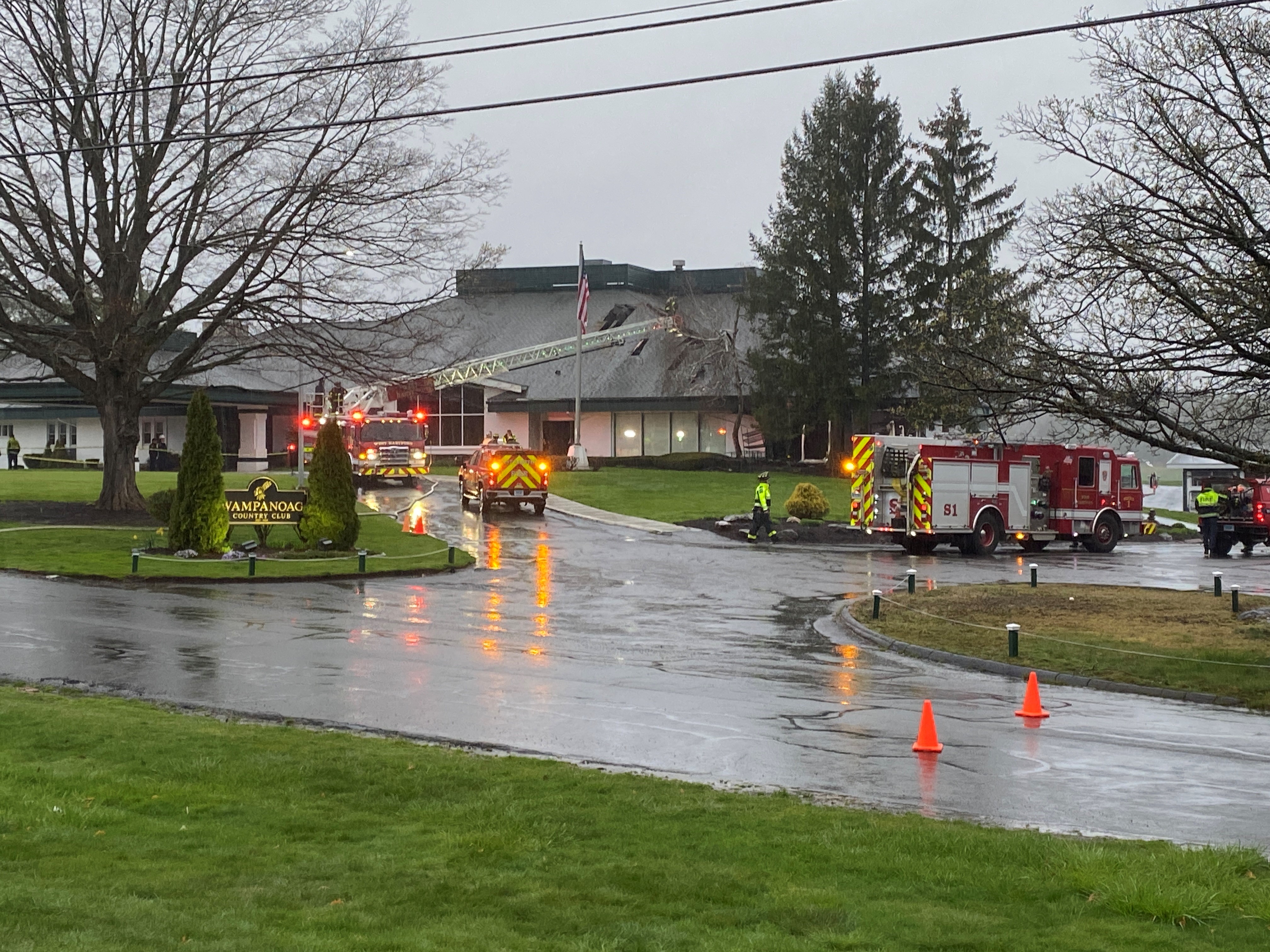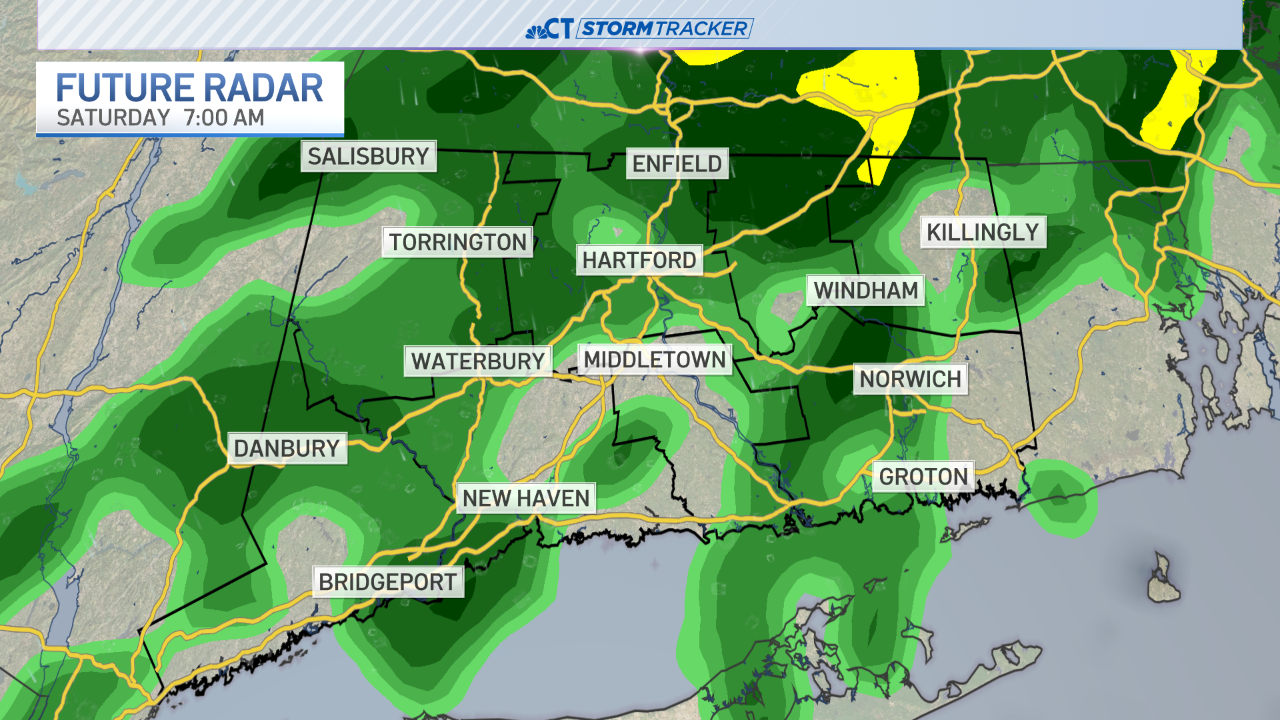The demolition work that started in February for a casino in East Windsor appears to be almost complete. All that remains of the Showcase Cinemas is a large concrete slab, some sets of stairs, and piles of rubble.
But future development of the site remains further in doubt following a recent opinion from Attorney General George Jepsen. He was asked by Connecticut’s House Speaker to provide an opinion on the federal process for authorizing tribal casinos and whether Connecticut can pass laws to circumvent it.
Jepsen responded with a thirteen page response and a grim outlook.
Specifically, lawmakers considered attempting to authorize the casino and have it be under the guidelines of the compacts with the state’s two casino operating tribes. Jepsen said, “eliminating the federal approval condition would raise risks for the current gaming arrangements with the Tribes about which we have previously opined and continue to have serious concerns.”
Speaker of the House Joe Aresimowicz welcomed the clarity from Jepsen.
“The reality of an additional casino being built in Connecticut without the BIA approval in the next five years is zero,” he said.
The issue, from the tribes’ and their supporters’ standpoint, is that the Bureau of Indian Affairs has not signed off on submitted amendments to their compacts with the State of Connecticut, leaving the project in a state of limbo. The East Windsor facility would be the state’s first casino located off of tribal land.
Local
The Mashantucket Pequot and Mohegan Tribes entered into the joint venture for the casino as a way to combat the emerging pressure from MGM Springfield, a casino slated to open later in 2018.
Andrew Doba, a spokesman for the tribes said of the opinion submitted by Jepsen, “We agree with the Attorney General that DOI is violating the law every day that it fails to publish notice of approval of the compact amendments in the Federal Register, and we share his confidence in our legal position.”
“However, we strongly believe that there is a way to proceed with the project until the legal issues are resolved that protects the State’s revenue under the compacts, and we will continue to discuss the options with state leaders,” Doba added.
MGM has continued its effort in the State Capitol to lobby for a competitive bid process for a third casino. The casino corporation viewed the opinion as a victory for their interests, how their commercial casino proposal for Bridgeport would not require approval from the Bureau of Indian Affairs.
Uri Clinton, an executive with MGM said, “We reassert our view that the fastest, most effective way to achieve those goals, and modernize the state’s decades-old gaming structure, is to move forward with a competitive process.”
Aresimowicz did not have as rosy an outlook when it came to MGM.
“It’s my understanding that MGM has its hands in multiple pots around gambling throughout the United States, so if they want to build something in Bridgeport, they need to stop talking about it and promising and actually participate in some kind of study of what it will look like in the state,” he said.



